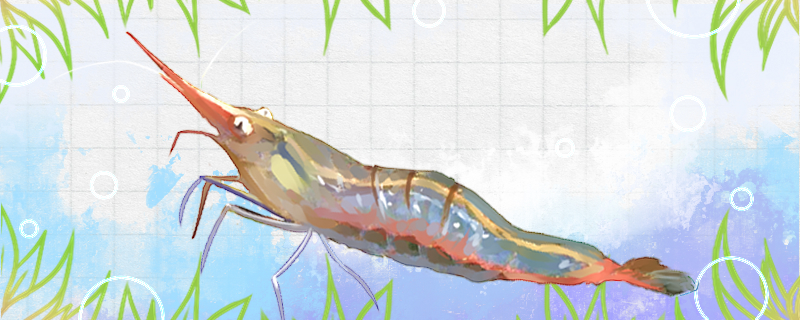
There are many foods that the red-nosed shrimp can eat, such as algae, plankton in the water, larvae of brine shrimp, larvae of red worms, leaves of green vegetables, tubificidae, nematodes, artificial shrimp food, and so on. When mixed with fish or turtles, they can also survive on the residue of fish or turtle food. They have a mixed diet and can eat a lot of food, so they are easy to raise.
When breeding red-nosed shrimp, you can feed once every 1-2 days. If there is enough food in the tank, algae or the residue of fish or turtle food, they will not die if they are not fed for a short time. When feeding, we should pay attention to controlling the amount of feeding, and do not put a large amount of shrimp food into the tank at one time. Otherwise, the remaining shrimp food will remain in the fish tank, which will affect the water quality to a certain extent.
Red nose shrimp have a smaller possibility of eating aquatic plants. They will not eat aquatic plants when food is abundant, but they may gnaw the tender buds or leaves of aquatic plants when food is scarce. If there is algae in the water, or other food, they will basically not eat aquatic weeds. Therefore, as long as they can provide food in time when they are raised, it is feasible to raise them in grass tanks without worrying about their grazing.